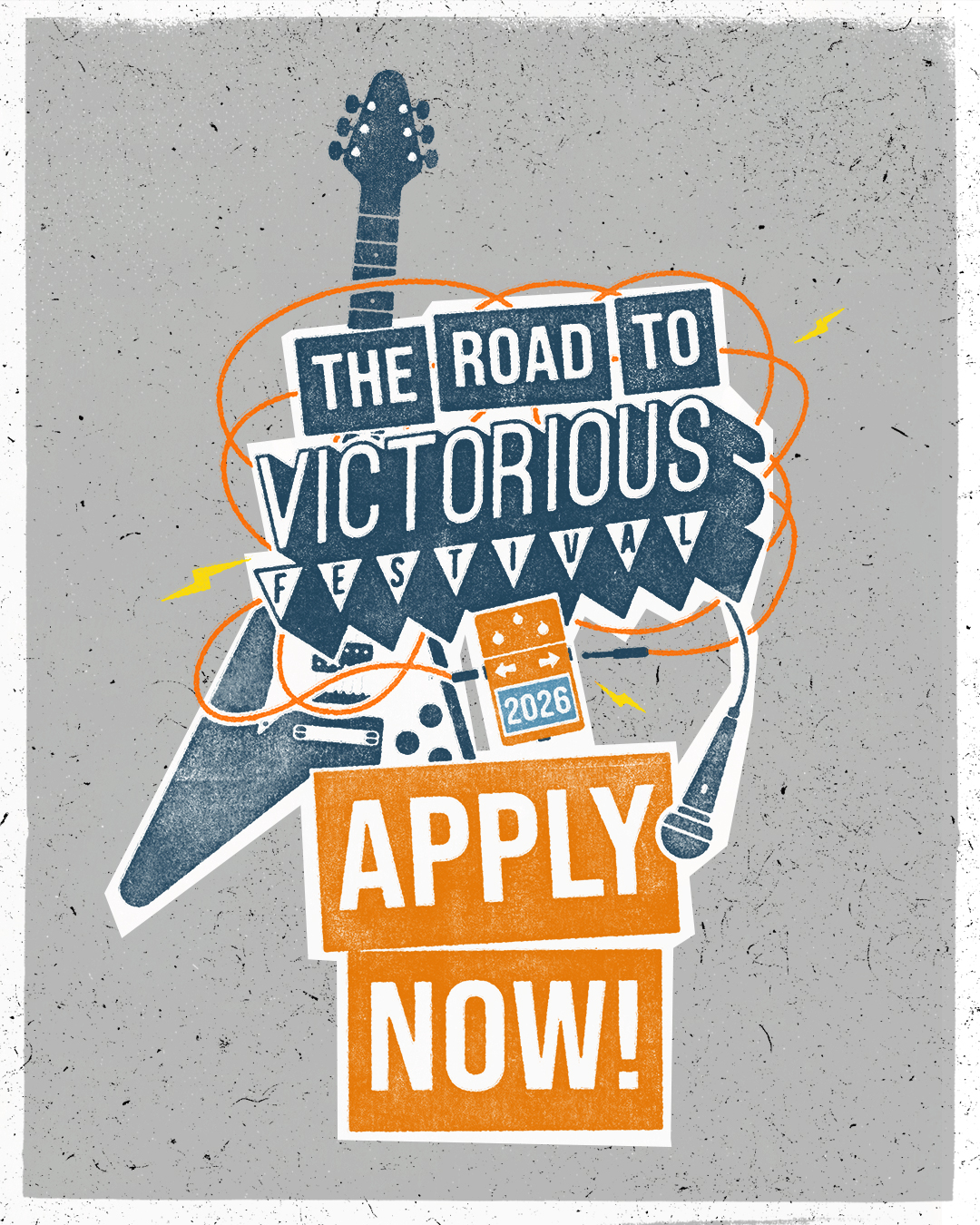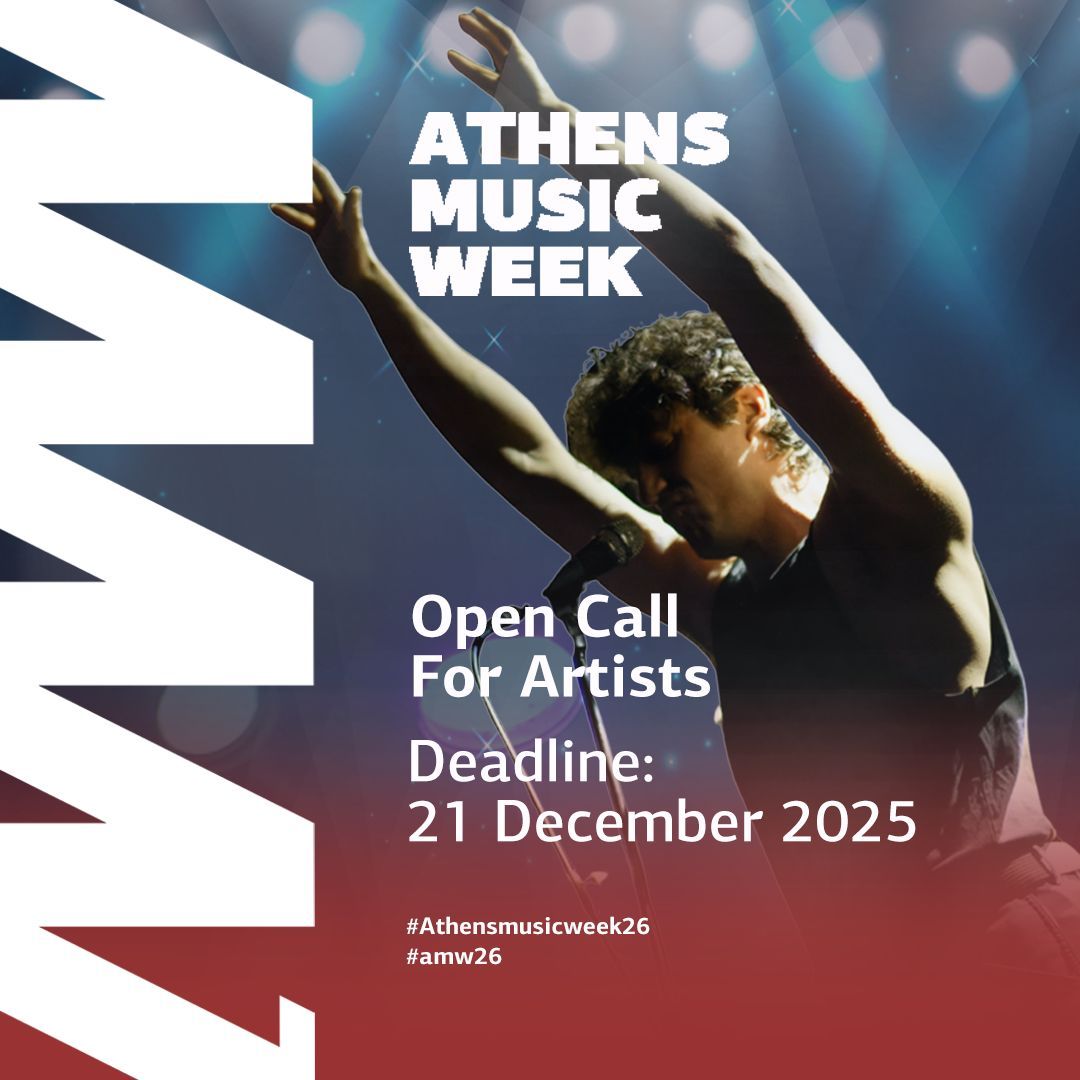The benefits of busking
Blog by Musicians' Union under Artist Managers, Live
.jpg)
Busking, for some, can be a great way to earn a few extra quid and brush up your repertoire. For others, it's their profession. It’s not as easy as just turning up, but if you do receive positive feedback from largely indifferent audiences then you can honestly say that you’re doing something right.
Check before you play
It pays to check the rules with your local authority before you set out. In some places, you must register before you can set up.
Manchester’s Trafford Council maintains that buskers do not need a licence to perform in its streets, while the neighbouring Manchester City Council makes it clear that buskers should contact them well in advance of when they want to perform, and have a short framework of rules to adhere to.
The Mayor of London’s new busking scheme Busk In London was set up to support busking activity across the capital, including providing guidance on where you can (and can’t) play. There’s lots of helpful info as well as a Code of Conduct with guidelines on playing safe in public. There are other organised busking opportunities in London to look out for such as the London Underground scheme, which has 35 official pitches and over 1,800 bookable slots every week. You’ll need to be 16 or over, and pass an audition.
Many areas have restrictions on whether buskers can play, and some local authorities require proof of Public Liability Insurance (PLI) before you can perform. Easy for MU members – you get £10million PLI with your Union membership.
Selling your product
Another sticking point is money – voluntary contributions or selling CDs – and rules on this vary from place to place.
“I think selling CDs or asking for a voluntary contribution is secondary to the main business of busking – the interaction with the people on the streets. Making available your own product doesn’t have to be seen as a sale, it could be seen as advertising, or a way of letting the people who just heard you enjoy what they just heard again and again” says Morris Stemp, Regional Organiser for the North of England.
Morris was involved in developing guides to busking in both Liverpool and York, essential reading if you’re thinking of busking there.
Tune in with your surroundings
“It’s really important to be aware of your surroundings,” says Alex Mann, Regional Officer for London. “This is about how your musical repertoire, instrumentation and overall sound fit in with the environment you’re playing in. It’s good to think about things like avoiding too much repetition in your set, taking regular breaks, not being too loud and particularly setting up your pitch with consideration for the public”.
Morris agrees, “I think the most important thing about busking is dialogue with the people around you, because if you introduce yourself to the people around you before you start they are much more likely to be on your side. If they’re not happy, many businesses make their first port of call their local authority or police whereas actually, if you’re approachable then the dialogue should be with you.
“And remember - if you're not making a noise nuisance, you're not in the way and you're not on private property, playing an instrument in the street is unlikely to be against the law - it's a piece of self expression”.
National Busking Day
July 18 sees the first ever ‘National Busking Day’ with celebrations across the UK. If you’re thinking about having a go, or have questions about busking where you are, contact your MU Regional Office or tweet us @WeAreTheMU.
Tags
musicians union, the mu, live music, busking, unsigned bands, unsigned artists, emerging bands, emerging artists






